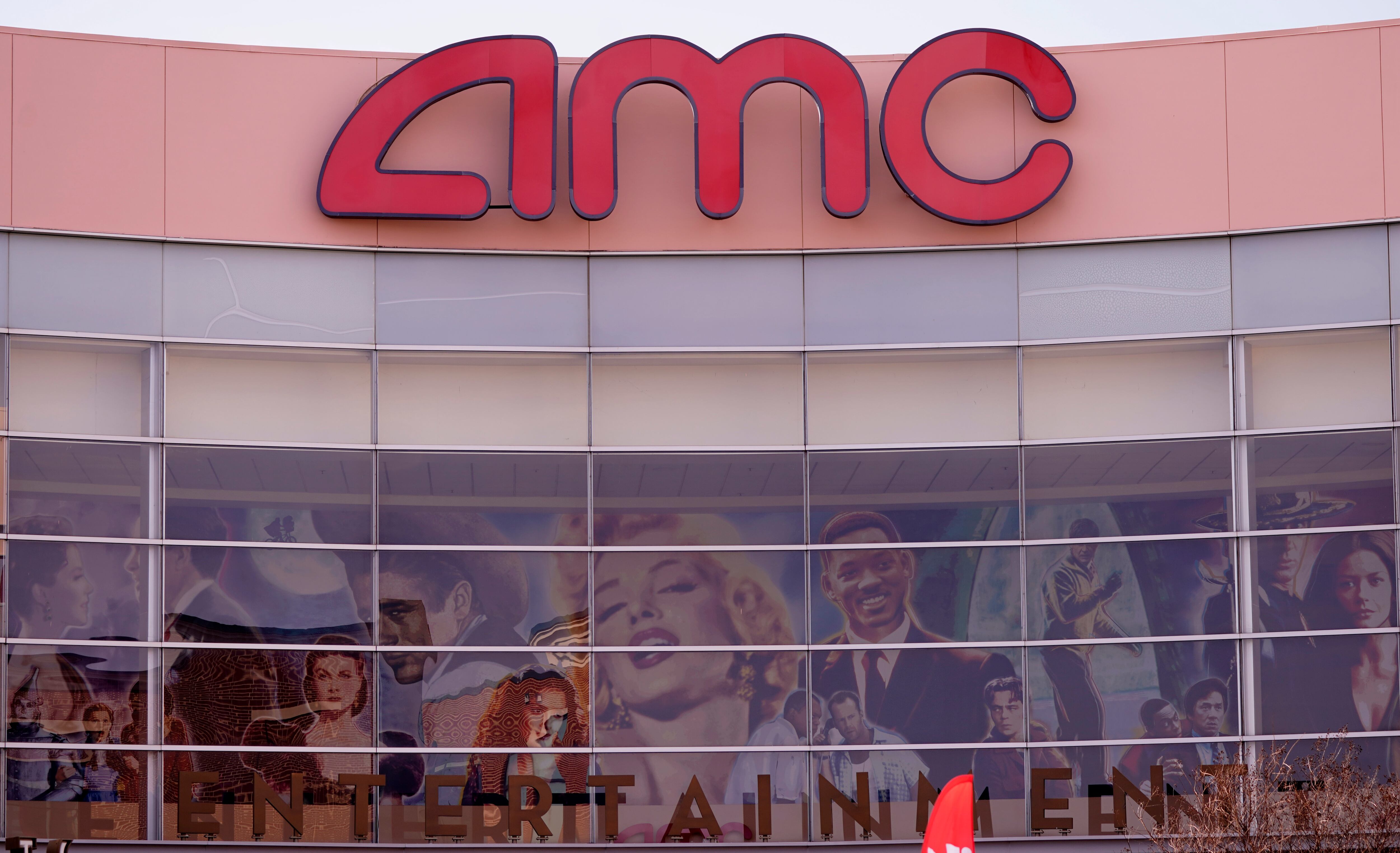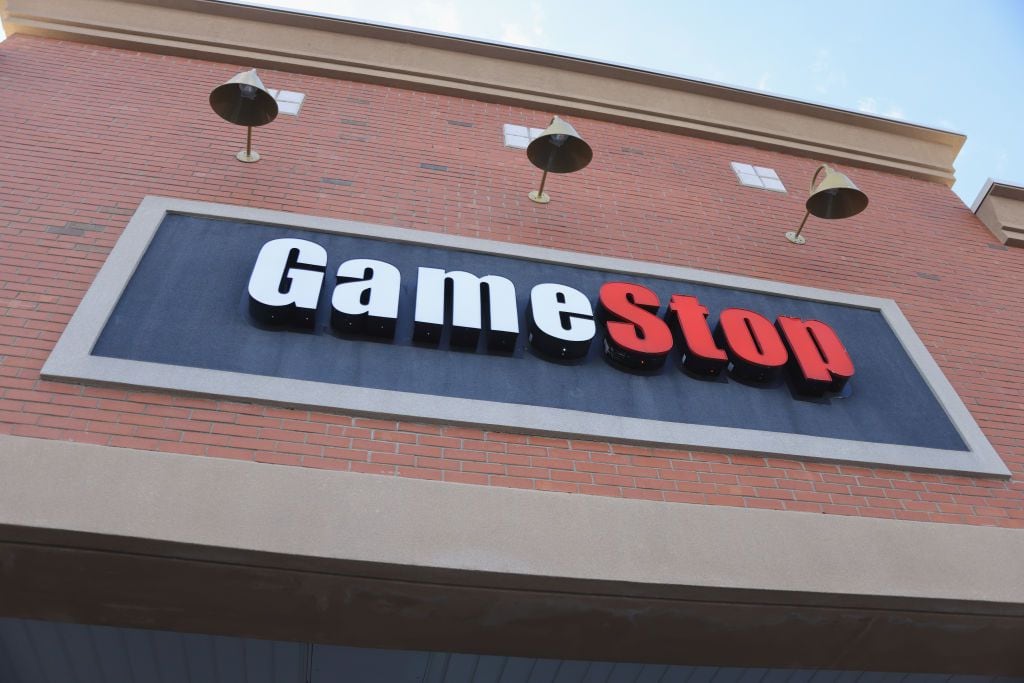The hospitality business has been perhaps one of the most significantly impacted industries during the pandemic but for apartment rental startup, Casai, business is returning and the opportunity for expansion is underway following a $48 million Series A funding round.
The Series A was the largest ever reported for a Mexico-based company. Casai co-founder, Nico Barawid, said the distinction between his business and other hospitality options, like Airbnb or hotels, is what has led to its success.
"What we're offering is beautiful and, most importantly, intelligent living spaces," Barawid told Cheddar.
The luxury living spaces are fitted with tech trimmings including keyless check-in and phone-controlled devices like Google Home and Chromecast.
Like other businesses in the hospitality space, Casai saw a slump in bookings during the height of the coronavirus pandemic and went into "cash conservation mode" but Barawid said it has since rebounded to near pre-pandemic levels.
"Before COVID we were at 100 percent occupancy routinely in January and February; and thankfully, last week we saw levels of over 90 percent occupancy. Now that bounceback, those numbers mask a lot of differences that we had to make as a result of COVID," Barawid said.
Casai already has 200 rental locations in Mexico City and according to Barawid, the company is working to expand to Brazil in 2021.
"Really our focus for the next couple of years is going to be Latin America and in particular, the sort of business centers and important leisure centers of Latin America."
While Casai currently has no plans to expand to the United States, its growth plans include popular "seasonal destinations" like Tulum and Puerto Vallarta.
Barawid said he also has no current plans to thrust the company into an IPO but is committed to building a "world class team" that will bring the company to the next level.












